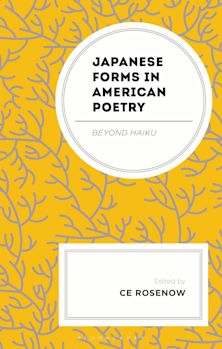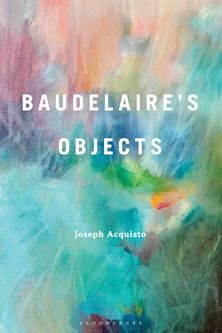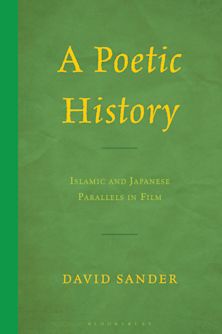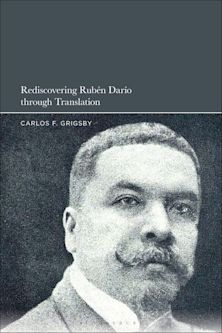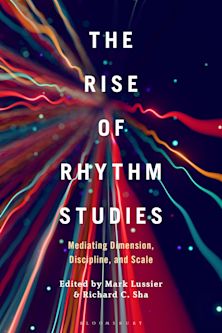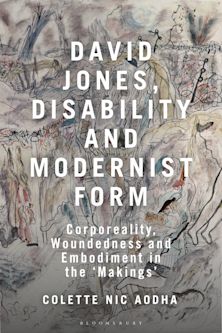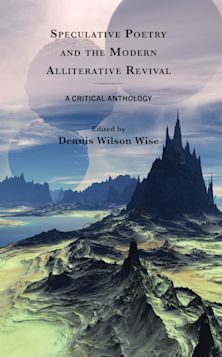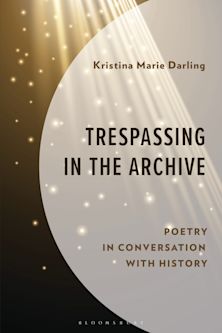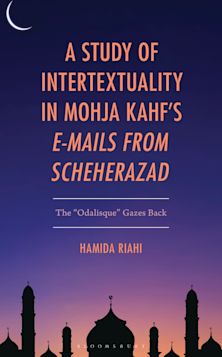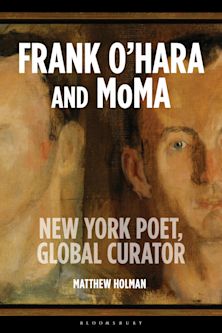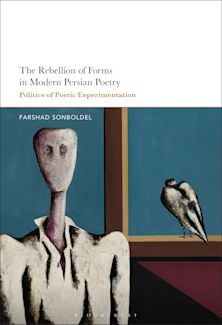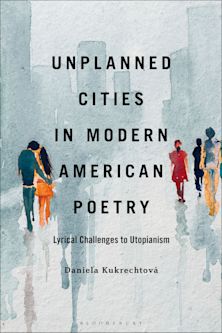- Home
- ACADEMIC
- Literary Studies
- Poetry and Poetics
- The Heroines of Henry Longfellow
The Heroines of Henry Longfellow
Domestic, Defiant, Divine
The Heroines of Henry Longfellow
Domestic, Defiant, Divine
This product is usually dispatched within 1 week
- Delivery and returns info
-
Free CA delivery on orders $40 or over
You must sign in to add this item to your wishlist. Please sign in or create an account
Description
Henry Wadsworth Longfellow’s poems are filled with powerful heroines, from Evangeline, the exiled wanderer, to Vittoria Colonna, the aging genius of the Italian renaissance. In The Heroines of Henry Longfellow: Domestic, Defiant, Divine, Timothy E. G. Bartel provides a survey of Longfellow’s major heroines, placing them in the context of Longfellow’s body of work and the poet’s interests in theology, politics, and history. Though Longfellow’s heroines have sometimes been dismissed as mere domestic caricatures, Bartel argues that Longfellow’s heroines are nothing of the sort. Instead, they provide us with unique pictures of how one’s individual talents and desires can be harmonized with the Christian ideals of communal justice, ethical living, and ultimate union with the Divine.
Table of Contents
Chapter One: The Early Heroines: Preciosa, The Teacher, The Quadroon Girl
Chapter Two: Evangeline: The First Masterpiece
Chapter Three: The Middle Heroines: Elsie, Nokomis, Minnehaha, Priscilla
Chapter Four: Interlude: The Perspicacity of Beatrice
Chapter Five: The Later Heroines: Edith, The Mother, Elizabeth
Chapter Six: The Last Heroine: Vittoria Colonna
Chapter Seven: Domestic, Defiant, or Divine?
Bibliography
About the Author
Product details
| Published | Aug 16 2022 |
|---|---|
| Format | Hardback |
| Edition | 1st |
| Extent | 134 |
| ISBN | 9781666913064 |
| Imprint | Lexington Books |
| Dimensions | 235 x 160 mm |
| Publisher | Bloomsbury Publishing |
About the contributors
Reviews
-
Although Bartel ends Longfellow’s Heroines with a touch of Orthodox theology, few contemporary theologians, Eastern or Western, would disagree about the value of the virtues that he highlights. In general, Longfellow’s Heroines could be a to-the-point reference book for classes on theology in literature and for academic journal articles. To me, having particularly studied nineteenth-century American fiction, the domestic-sphere argument seems most important. To the general reader, Longfellow’s creative responses to history and theology might prove the most interesting.
VoegelinView

ONLINE RESOURCES
Bloomsbury Collections
This book is available on Bloomsbury Collections where your library has access.












